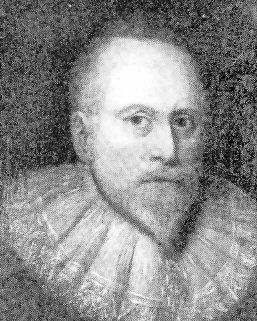In 1567 Nicholas Bagenal eventually returned to favour with the English administration courtesy of friends in high places such as his patron Robert Dudley, the Earl of Leicester (Nicholas named one of his three sons Dudley) who himself was a friend of Queen’s favourite Sir Henry Sidney (a few times Lord Deputy of Ireland).
Indeed Sir Nicholas had served under
Even at Shane O’Neill’s death when Newry returned to English rule, Bagenal was not to enjoy peace to develop the town of
By the time that Bagenal was able to devote his full attention to his domestic affairs in Newry, Mourne and Carlingford, he was already an old man. He handed over the reins of power as
Newry came into the hands of a cousin while everyone awaited the coming of age of Henry’s son Arthur. Neither he – when the time came – nor any subsequent Bagenal in the following (seventeenth) century was to achieve anything memorable on the local, domestic or national stage.
This is Newry Journal’s attempt to correct the image of the role of the Bagenals in the history of Newry, something grossly distorted in their favour by present-day authorities.
Certainly you will have reason to celebrate the memory of Nicholas Bagenal, English adventurer in Ireland if you happen to loathe the Irish language, all Irish culture and customs, the whole Gaelic clan system including the Brehon laws and all people and things Catholic, and are given to the slaughter of defenceless enemies [and/or support those who act in this fashion].
In that case, you might even smile at the supreme irony of a Sinn Fein-dominated local Council in the Third Christian millennium erecting – on the site of the ancient Cistercian Monastery: indeed on the gable wall of the ancient Abbott’s House – Bagenal’s name conjoined with the Irish translation of an English word,
‘ Caisle
